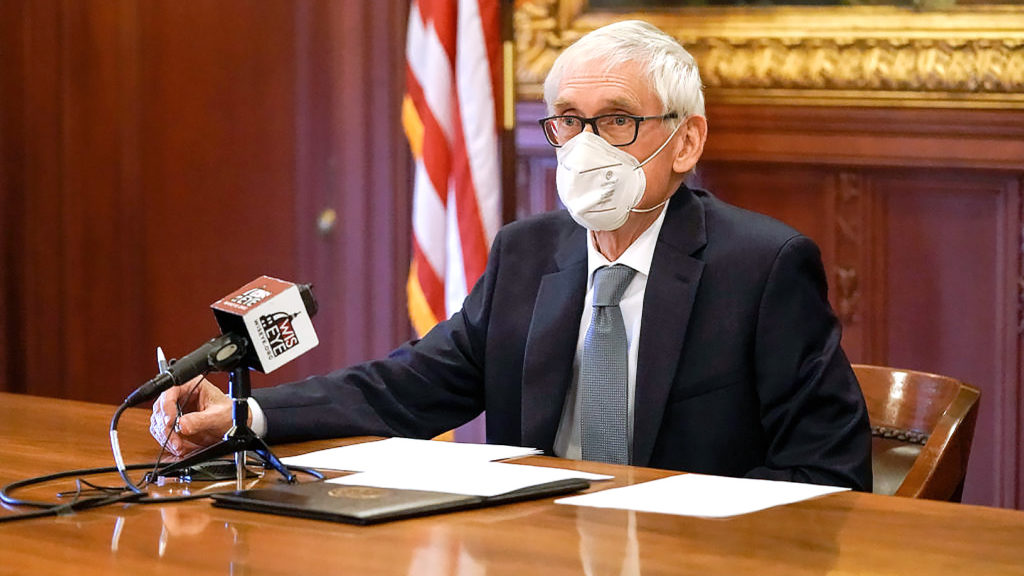
It now is a felony to threaten or attack senior living and other healthcare workers in Wisconsin after Gov. Tony Evers signed Assembly Bill 960 into law Wednesday.
AB 960 — now Wisconsin Act 209 — broadens workplace protections for healthcare providers and healthcare facility staff, and their families, and increases the penalty for a threat of battery against healthcare professionals. Battery or threats against healthcare workers now are class H felonies.
Protections apply to employees of assisted living communities, including adult day centers, adult family homes, community-based residential facilities and residential care apartment complexes, as well as other healthcare settings such as nursing homes and hospitals. The new law goes into effect today.
“This new law will help to better protect healthcare facility staff and their families, including those working in assisted living,” Wisconsin Assisted Living Association President and CEO Michael Pochowski told McKnight’s Senior Living.
Long-term care providers have noted an increase in residents and family members making threatening statements to nurses and other frontline caregivers, particularly since the start of the pandemic, LeadingAge Wisconsin Director of Housing & Clinical Services Robin Walzenburg, BSN, RN, told McKnight’s Senior Living. She said the new law offers additional reassurances and protections for healthcare workers.
“As an RN and having been on the side as a patient and family member during a health crisis, stress levels are high and people feel helpless,” Walzenburg said. “When healthy coping skills are not present, emotions are running high, or even mental illness is a factor, the risk for threats or actual harm to healthcare personnel is much higher.”
Wisconsin Health Care Association / Wisconsin Center for Assisted Living CEO Rick Abrams told McKnight’s Senior Living that the law “provides better protections for our healthcare heroes on the frontlines.”
“Our healthcare workers are absolutely vital to resident care, and we thank the legislature for authoring this bill to ensure that they are protected,” Abrams said.
WALA, LeadingAge Wisconsin and the WHCA / WCAL joined members of the Coalition of Wisconsin Health Care Organizations to voice their support for the bill.
Citing data from the U.S. Bureau of Labor Statistics, the coalition noted that in 2018, 73% of all nonfatal workplace injuries and illnesses in the nation occurred to staff working in healthcare-related jobs. The number of nonfatal workplace violence injuries grew from 6.4 injuries per 10,000 full-time workers in 2011 to 10.4 injuries in 2019, a rate five times higher than workers overall.
“While healthcare organizations have substantially increased efforts to protect their staff from acts of violence, more needs to be done to deter violent behavior by patients and others,” the coalition wrote in testimony supporting AB960. “Healthcare providers are burned out and growing threats of violence in the workplace are forcing them to make difficult career decisions to protect themselves and their families.”
A 2020 state law made battery against certain healthcare workers — nurses, emergency medical care providers and emergency department workers — a felony, but it stopped short of labeling threats of violence a crime. The new bill treats battery and threats of violence against healthcare workers similar to those against law enforcement, court officers and state employees.
“This pandemic underscored the importance of our healthcare workers and all they do to support our families, our communities and a healthier state, and they deserve to be safe doing their life-saving work,” Evers stated in a news release.
Violators face up to six years in prison, up to a $10,000 fine, or both.
Read other state news here.




